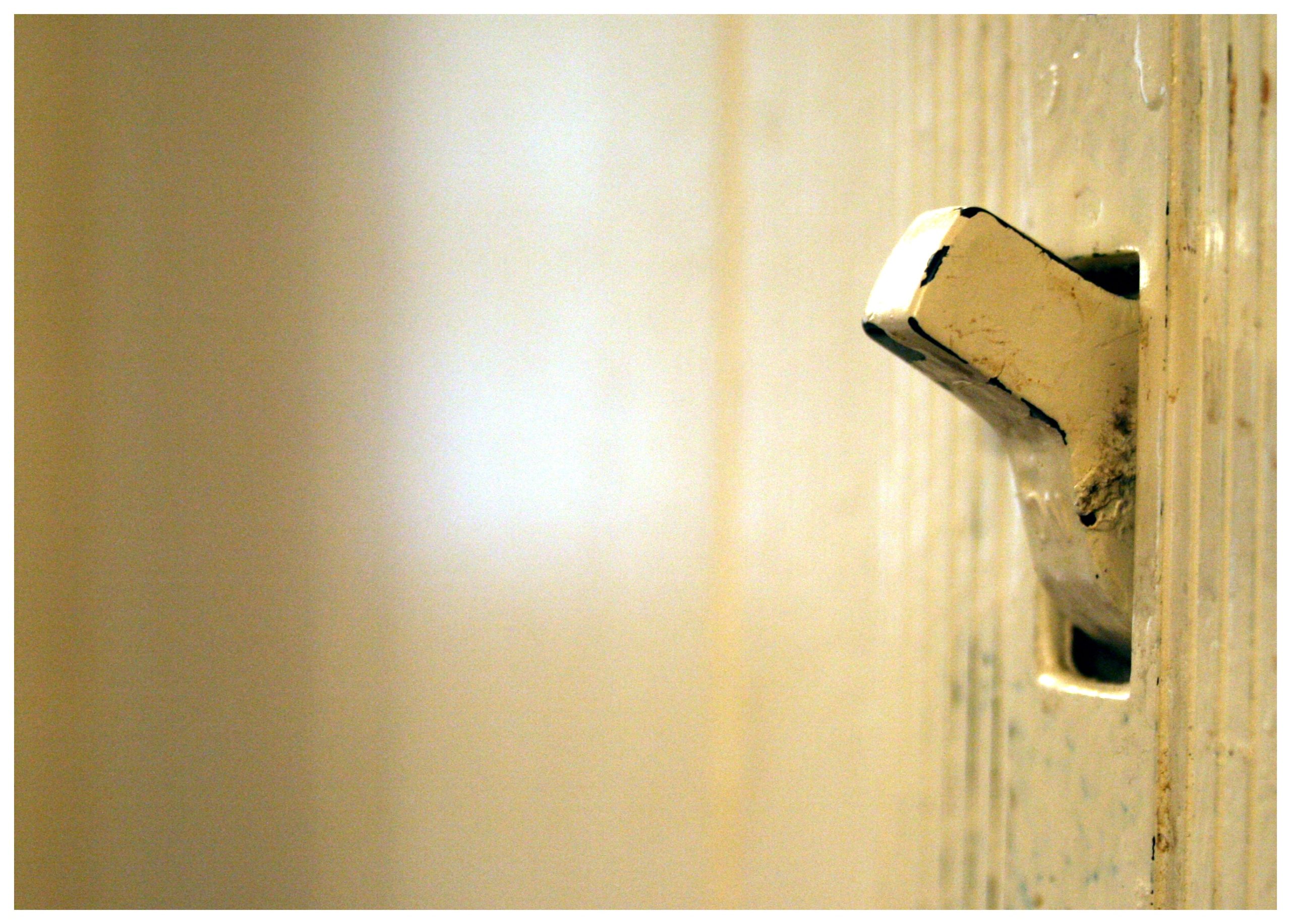
Yesterday I had a Monday morning from hell. You know, one of those Mondays where you have about a million things to do, but for some reason, every ounce of determination, self-discipline, and creative energy you’ve ever had has abandoned you? Yeah, it was that kind of Monday.
I got to work early, sat down with a freshly brewed cup of coffee, opened my laptop aaaaaaaaannnnd nothing. Nothing at all. For about four hours I stared at my screen, writing and re-writing sentence after sentence and paragraph after paragraph until I looked up at the clock and called it. Lunch Break.
I felt like I hadn’t made any progress on only the first of about 20 tasks I needed to complete. And my impending stress seemed to be a further source of derision between the part of my brain responsible for issuing commands and the part of my brain following them.
It was a rough morning. But it taught me something valuable. After downing a double shot of espresso and returning to my computer, I started to realize why I had been having so much trouble.
I had not “flipped my switch.”
No matter what kind of writer you are, you almost certainly have some sort of voice. It may not be the most obvious of voices, in fact, it may not be evident at all, but trust me, it’s there.
My perception of my own voice lives somewhere between, fast-talking con artist and talk show host who laughs at his own jokes.
So all lengthy introductions aside here is how I flip my switch (maybe these methods will work for you too).
Stop Caring
I can assure you that this will not work for everyone, but this is how I always begin the process. For me to write my best, I have to be unapologetic about the words I am putting down on the page. Regardless of if I am writing about search engine optimization, email subject lines, or the cool cat I saw on my walk yesterday, I need to be writing for me as well as my audience.
So, I clear my brain of all deadlines and distractions, I take a few deep breaths and go on a five to ten-minute walk. When I return to my computer, I am no longer focused on the outcome of my piece, but on the process of creating it.
Start Caring
Once I have gotten rid of the anxious voice in my head telling me I’ll never write another decent blog post in my life; I immediately start caring again.
I know, the whiplash is crazy, right?
I begin thinking about how I want to be seen as a content creator, how I want my company to be seen, and who I can help out there with my words. Focusing on these things helps me to get motivated in the right ways and for the right reasons.
Find a flashlight.
Returning to the “flip the switch” analogy, imagine that you are wandering around a dark room looking for a light switch. Thanks to the miracle of modern technology, you might pull out your phone and activate your flashlight app in order to find the light switch.
Your flashlight for content creation is the thing that gets you inspired and ready to create. It is the thing that helps you find the switch and wake up your inner voice.
For me, this takes the shape of Robert Williams’ speech in the Dead Poets Society, or “Don’t Stop Me Now” by Queen. For you, it could be any number of songs, videos, images, or actions that get your creative mind in action.
In the words of an honorable ice princess: Let it go
You’re de-stressed, you’re motivated, and you’re feeling inspired – what’s left? Just let it go. Let your mind slowly tip into the writing world and entrust your inner voice with the figurative pen. You’ll be surprised at how quickly the words will come when you are in the right mindset.
Another important part of the writing process is knowing who you are talking to. Sometimes the answer to writing a great piece isn’t finding your own voice, but stepping into a character that your audience can relate to. If you need a little help identifying your audience, you can download our Target Profile Worksheet below. It will help you map out important aspects of your ideal buyer and could contribute to you flipping your switch!




